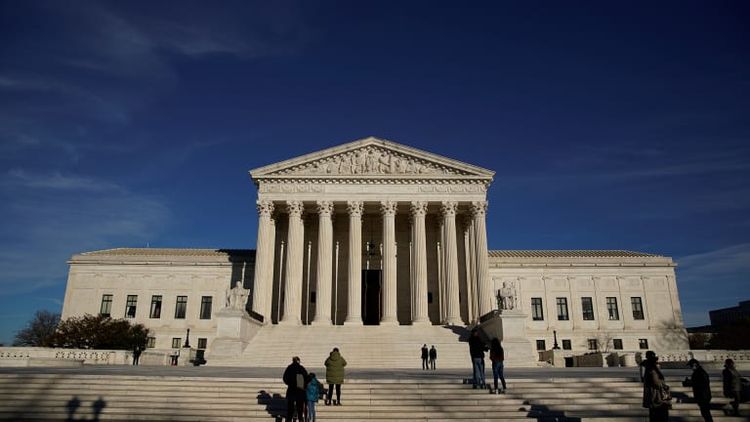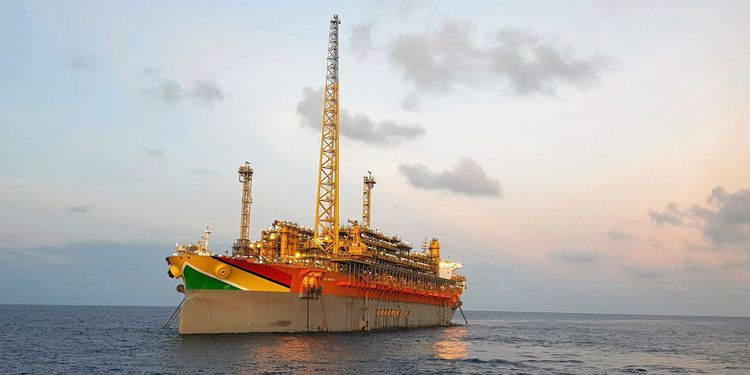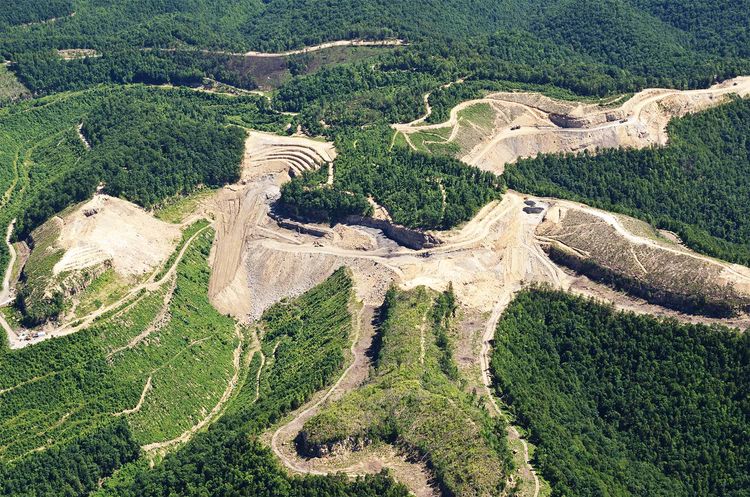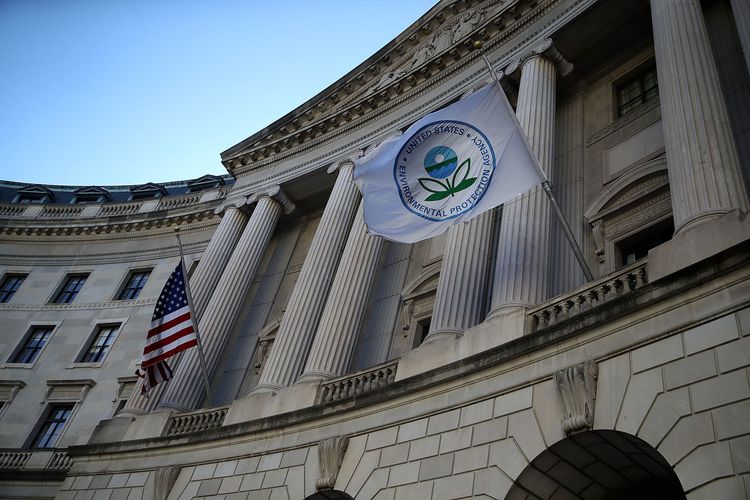Damages: Trial of Attorney Who Fought Chevron’s Pollution in Ecuador Begins Monday
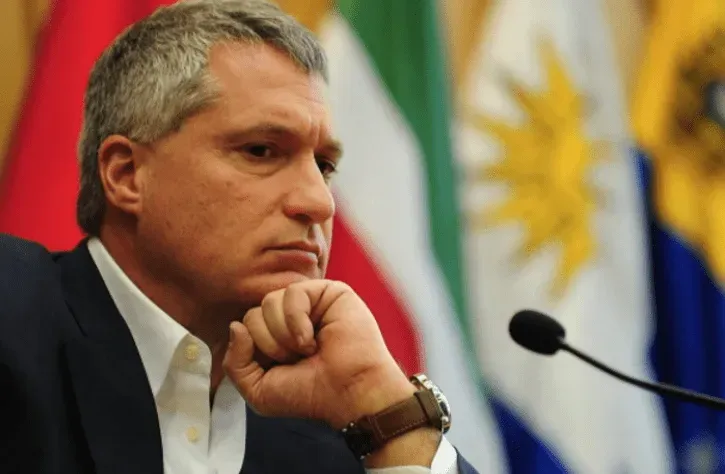
By Karen Savage and Amy Westervelt
Update, November 7, 2020: On Saturday, Nov 7th, Judge Preska granted an adjournment until January 2021. The trial was due to start Monday, November 9th. Judge Preska’s ruling came on the heels of a letter from prosecutor Rita Glavin agreeing to the delay.
A trial to determine whether Steven Donziger will spend time in prison is set to start Monday after a five-day delay.
Donziger is an American attorney who helped a group of Indigenous Ecuadorians win an $18 billion dollar judgement against Chevron over toxic waste pits in the Amazon. The fossil fuel firm in turn filed a civil Racketeer Influenced and Corrupt Organizations (RICO) case against Donziger, plaintiffs’ attorneys, and some of the plaintiffs themselves in New York, seeking an injunctive order to stop the Ecuadorians from collecting on the judgement. Donziger lost that case, and the criminal contempt charge he’s currently facing is connected to Chevron’s allegation that he was not abiding by the RICO ruling.
The five-day delay of his trial, ordered last week, offers little comfort to Donziger, who had asked District Judge Loretta Preska to delay the trial until the COVID-19 crisis subsides, or at least until his local defense attorney, Ronald Kuby, could be present in New York in December to represent him in court.
Preska has denied requests by Donziger and his legal team to reschedule the trial to accommodate Kuby’s existing litigation schedule, which prevented him from committing to represent Donziger until early December.
“We proposed adjourning it till Dec. 7, we proposed that back in late summer,” Kuby said. “It’s extraordinary, it’s unprecedented. I’ve never seen such totally reasonable requests be denied and especially denied in such a nasty fashion.”
The court has charged Donziger with criminal contempt for refusing to submit to post-RICO-judgement requests by Chevron to examine his computer, mobile phone, and other devices and materials. Donziger has refused to comply, saying the demand violates his rights and the rights of the Ecuadorians he represented in their fight with the oil giant.
The trial by judge, or bench trial, is now set to begin on Nov. 9. Many of the expected witnesses for Donziger, who hail from Ecuador, Spain, and across the U.S., will be forced to testify remotely due to the pandemic.
Judge Preska ordered the short delay to give Donziger a chance to propose a plan for their testimony. But because Preska has refused to delay the trial until Kuby is available, Donziger may not have an attorney in the courtroom during the trial. If found guilty, Donziger could be sentenced to up to six months behind bars or fined as much as $5,000.
In the same order, Preska shot down a request by attorney Lauren Regan, who is representing Donziger for free, to withdraw from the case.
Regan joined Donziger’s legal team in May, expecting to work as part of a team with four other attorneys. Since that time, all four lawyers have left the case. Andrew Frisch withdrew in September. Richard Friedman and Zoe Littlepage were disqualified in August. Martin Garbus, who at 87 is at high risk for COVID-19, withdrew in September.
In her motion to withdraw, Regan said she is ethically uncomfortable trying a case in New York without local counsel.
She was forced to decide whether to risk her own health to protect her client.
“My doctor has basically said the only reason that I should fly to New York is if my life depended on it. But the idea that the U.S. federal court system is going to criminally prosecute and imprison people based on a Zoom trial is so outrageous to me,” Regan said. “I feel like we are just totally caught in a catch-22 at this point.”
Ultimately Regan couldn’t take the risk, so on Thursday, Preska agreed to allow Donziger to bring his cell phone into the court to communicate with Regan, who had informed Preska that she would not appear. Preska also denied, as she put it, Donziger’s “latest, but probably not last, request to adjourn the trial.”
Donziger is also awaiting a decision by the 2nd U.S. Circuit Court of Appeals on parallel civil contempt charges which underpin the basis for the criminal contempt case. The 2nd Circuit heard oral arguments in September and a ruling in his favor could render the main case moot.
Preska has denied Donziger’s requests for a jury trial, as well as a request to stay the case pending the appellate court’s ruling.
“We’ve argued a million times, let the opinion come out and then set a trial date,” Regan said.
“All along, [Donziger] has said, ‘if the 2nd Circuit rules against me and says, I’m supposed to cough these things up, I’ll cough them all up,’” Regan said. But “there’s no way to put the genie back in the bottle” if Donziger were to turn everything over to Chevron, only to have the appellate court later determine the request was unwarranted.
Reagan said that under Ecuadorian law, it is illegal for Donziger to turn over the information the court has ordered him to produce, without his clients’ consent. “And the clients aren’t consenting,” she says,”so if he ever goes back to Ecuador in order to enforce the judgment, or to work with his clients, or anything like that, he would be subject to arrest and prosecution for violating Ecuadorian law and turning stuff over to Chevron in the U.S.”
A Private Prosecutor With Chevron Connections
The criminal contempt charges against Donziger stem from a civil Racketeer Influenced and Corrupt Organizations (RICO) Act complaint that Chevron filed in 2011 against Donziger, other members of the Ecuadorian plaintiffs’ legal team, and some of the plaintiffs themselves.
U.S. District Court Judge Lewis A. Kaplan ruled in Chevron’s favor in 2014, deeming Donziger and others involved in the Ecuadorian case had corrupted that country’s legal process by submitting fraudulent evidence and ghostwriting the judgement against Chevron.
Kaplan’s judgement has barred Donziger and some of his fellow defendants from profiting from the collection of the multi-billion-dollar damages in the Ecuadorian judgement.
In 2019, Chevron asked the court to investigate Donziger for violating that ban, leading Judge Kaplan to order Donziger to produce his electronic devices, , along with other documents related to the case.
Donziger refused, arguing that he had complied with the interpretation of the RICO judgement provided by Kaplan in a clarification memo.
Unpersuaded, and again at Chevron’s urging, Kaplan levied fines and civil contempt of court charges against Donziger, and after the attorney still refused to comply, eventually charged Donziger with the criminal contempt charges he now faces.
When the U.S. Attorney’s Office for the Southern District of New York declined to pursue charges against Donziger, Kaplan appointed Rita Glavin, an attorney with Seward & Kissel, a private law firm that has represented Chevron as recently as 2018, to prosecute the case on behalf of the government.
At Glavin’s urging, Preska ordered Donziger to post an $800,000 bond and surrender his passport, deeming him a flight risk. He has been on house arrest since August 2019.
While the maximum sentence for the crime he’s been accused of is six months in prison, the longest sentence handed down for this charge in New York prior to this case was three months of house arrest. Donziger has been on house arrest for more than a year.
“It’s really clear to me that she’s already made up her mind that she’s sending this lawyer to prison for six months during a pandemic—that is her goal,” Regan said. “They’re going to put a lawyer in prison for doing his job as a lawyer, because Chevron wants to scare the shit out of every other lawyer that might take them on.”
Preska and Kaplan declined to comment. Glavin did not respond to a request for comment.
“Chilling in Scope and Intensity”
In August the International Association of Democratic Lawyers formed a trial monitoring committee, a move rare in the U.S. and more often seen in countries with “problematic judiciaries.”
“The campaign of judicial and corporate harassment being waged against Steven Donziger is chilling in scope and intensity,” Jeanne Mirer, a member of the trial monitoring committee and president of, group, said in a press release.
“We formed this committee out of serious, well-substantiated concern that Steven Donziger’s due process rights are being continually violated in the very [U.S.] courts that should be upholding them.”
Allies of Donziger and the Ecuadorians say Chevron’s extraordinary pursuit of Donziger is intended to send a sobering message to those working with him and to those who might consider standing up to oil companies in other cases.
“There is no question that Chevron has tried to crucify him, will continue to try to crucify him as long as he continues to work on the case in any way, shape or form,” said Julio Gomez, an attorney who represented the Ecuadorian plaintiffs in the RICO trial. “It puts a chilling effect on anyone who wants to be involved in the case.”
Donziger maintains Chevron is behind the current criminal contempt proceedings, as well as the recent revocation of his law license, a charge the oil company denies.
“Chevron did not institute the criminal contempt proceedings, the court did,” Chevron spokesperson Sean Comey said in a statement. “Similarly, the disciplinary proceeding was brought by the Attorney Grievance Committee, not by Chevron.”
But Chevron did ask the court to hold Donziger in civil contempt, which preceded the criminal contempt charges. Both the contempt charges and the disbarment proceedings stem from the RICO case filed by Chevron against Donziger.
“It’s very obvious this is retaliatory,” Donziger said.
Chevron’s Dirty Legacy in Ecuador
Donziger began working with plaintiffs in Ecuador in 1993, when they first filed suit against Texaco in New York for leaving behind toxic waste over the decades that the firm drilled for oil in the Amazon rainforest.
Chevron inherited the case when it acquired Texaco in 2001.
The plaintiffs, a mix of indigenous residents and peasant farmer settlers, or campesinos in Spanish, say Texaco’s cost-cutting decision to dump its waste in unlined pits that were located near homes, villages, and farmland left them with sky-high cancer rates, killed their livestock, destroyed a Rhode Island-sized swath of the rainforest, and contaminated their drinking water.
At Texaco’s urging, a New York judge eventually determined the case belonged in Ecuador, leading Donziger and the legal team to refile it in Lago Agrio, Ecuador, in 2003.
Eight years later, that court found Chevron guilty and ordered the corporation to pay $18 billion in damages. The judgement was later reduced, but has since been reviewed and upheld at all levels of the Ecuadorian judicial system.
The combination of the RICO verdict and an international arbitration proceeding has made it impossible for the plaintiffs to collect that judgement so far, but they’re still trying.
“They are going to stop at nothing to prevent Steven from doing it and scare anybody who’s working with him away,” said Paul Paz y Miño, associate director of Amazon Watch, a non-profit organization that has also worked with the Ecuadorian plaintiffs.
Karen Hinton, a former spokesperson for the Ecuadorians, said Chevron’s relentless pursuit of Donziger has accomplished something the company has been trying unsuccessfully to do for decades: shift attention away from Texaco’s deliberate poisoning of Indigenous and campesino Ecuadorians and their environment.
“Enough with Steven and the ankle,” Hinton said, referring to Donziger’s much-talked-about electronic monitoring device.
“I want the attention to go back on the Ecuadoreans and what they have suffered and why they’ve suffered it, and there’s evidence galore that shows what Texaco did.”
In a 2013 interview, Forbes reporter Christopher Helman asked John Watson, then-Chevron’s CEO, when the contentious, decades-long litigation would end.
“The short answer is,” replied Watson, “it will end when the plaintiffs’ lawyers give up.”

